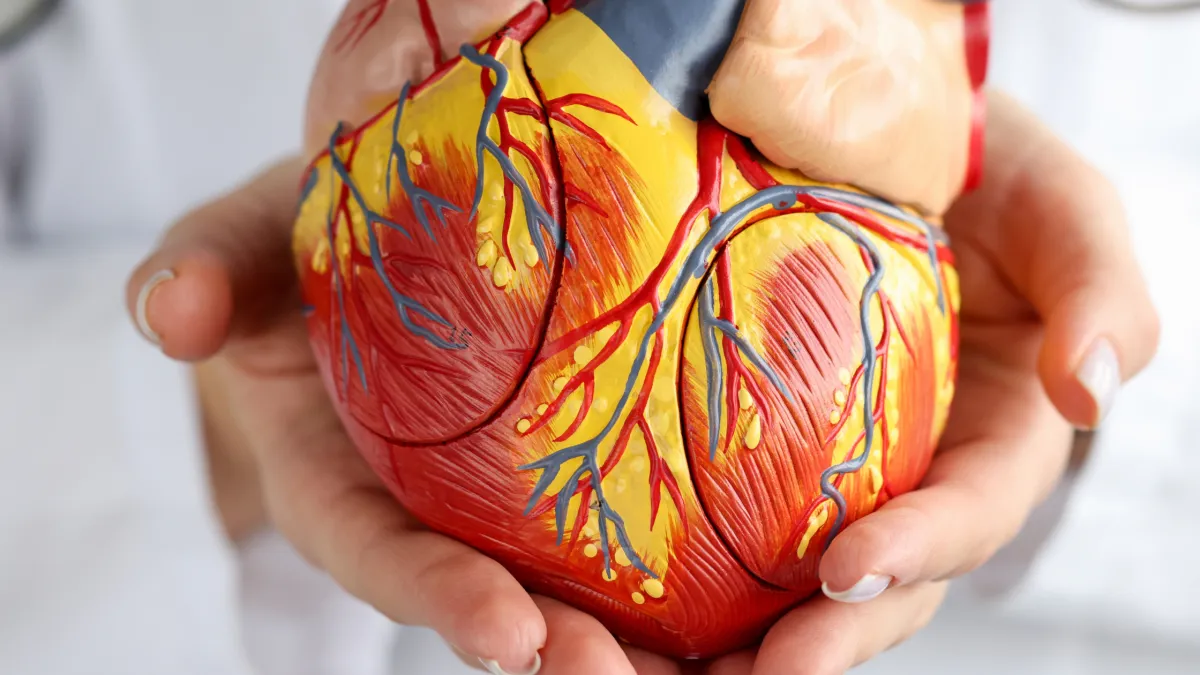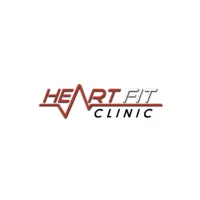
heart fit blog
Leaders in Cardiac Prevention and Rehabilitation since 2007, our clinicians assist you in assessing your heart attack and stroke risk.
DIAMOND FERNANDES FOUNDEr
Leaders in Cardiac Prevention and Rehabilitation since 2007,
our clinicians assist you in assessing your heart attack and stroke risk.
DIAMOND FERNANDES FOUNDEr
Leaders in Cardiac Prevention and Rehabilitation since 2007,
our clinicians assist you in assessing your heart attack and stroke risk.
heart
fit blog
Leaders in Cardiac Prevention and Rehabilitation since 2007, our clinicians assist you in assessing your heart attack and stroke risk.

HOW TO REVERSE ATRIAL FIBRILLATION NATURALLY
HOW TO REVERSE ATRIAL FIBRILLATION NATURALLY
Atrial fibrillation is an irregular heartbeat. With atrial fibrillation, it can increase risk of blood clots which can lead to a heart attack or stroke. To learn more about heart rhythm make sure you watch our heart rhythm blog post to learn the normal electrical signal. Atrial fibrillation is also known as “afib”.
Individuals may not recognize it, but can sometimes feel they are in atrial fibrillation.
SYMPTOMS OF ATRIAL FIBRILLATION:
Shortness of breath
Palpitations
Fatigue
Light-headedness
Chest Pain
Inability to exercise or perform activity
Diagnosis of Atrial Fibrillation:
Electrocardiogram – monitoring of the heart rhythm. Atrial fibrillation can be detected by a one-time snapshot of your heart, event-recorder or stress test.
Echocardiogram – Ultrasound of the heart.
Treatment of Atrial Fibrillation:
There are conventional treatments to atrial fibrillation. Basically the goal is to minimize the risk of blood clots, control the rate, or reset the rhythm.
Medications: Anti-arrhythmia to control atrial fibrillation and/or blood thinners to prevent blood clots. Something to look at is the CHADS score as to whether this is the best option for you.
Cardioversion: A procedure to shock the heart to restore normal rhythm in people with atrial fibrillation (afib).
Cardiac Ablation: Where an incorrect electrical signal is causing atrial fibrillation, the cardiologist maps out the best path for the electrical signal and burns tissue in your heart.
Why does Atrial Fibrillation Occur and How to Stop Atrial Fibrillation?
There are a few reasons as to why atrial fibrillation occurs. Instead of diagnosing and treating with medication or resetting the rhythm, the Heart Fit Clinic prefers to look at why it’s happening. Here is the list of reasons why atrial fibrillation occurs and how to reverse atrial fibrillation naturally

HOW TO REVERSE ATRIAL FIBRILLATION NATURALLY
HOW TO REVERSE ATRIAL FIBRILLATION NATURALLY
Atrial fibrillation is an irregular heartbeat. With atrial fibrillation, it can increase risk of blood clots which can lead to a heart attack or stroke. To learn more about heart rhythm make sure you watch our heart rhythm blog post to learn the normal electrical signal. Atrial fibrillation is also known as “afib”.
Individuals may not recognize it, but can sometimes feel they are in atrial fibrillation.
SYMPTOMS OF ATRIAL FIBRILLATION:
Shortness of breath
Palpitations
Fatigue
Light-headedness
Chest Pain
Inability to exercise or perform activity
Diagnosis of Atrial Fibrillation:
Electrocardiogram – monitoring of the heart rhythm. Atrial fibrillation can be detected by a one-time snapshot of your heart, event-recorder or stress test.
Echocardiogram – Ultrasound of the heart.
Treatment of Atrial Fibrillation:
There are conventional treatments to atrial fibrillation. Basically the goal is to minimize the risk of blood clots, control the rate, or reset the rhythm.
Medications: Anti-arrhythmia to control atrial fibrillation and/or blood thinners to prevent blood clots. Something to look at is the CHADS score as to whether this is the best option for you.
Cardioversion: A procedure to shock the heart to restore normal rhythm in people with atrial fibrillation (afib).
Cardiac Ablation: Where an incorrect electrical signal is causing atrial fibrillation, the cardiologist maps out the best path for the electrical signal and burns tissue in your heart.
Why does Atrial Fibrillation Occur and How to Stop Atrial Fibrillation?
There are a few reasons as to why atrial fibrillation occurs. Instead of diagnosing and treating with medication or resetting the rhythm, the Heart Fit Clinic prefers to look at why it’s happening. Here is the list of reasons why atrial fibrillation occurs and how to reverse atrial fibrillation naturally
DIAMOND FERNANDES FOUNDEr
Leaders in Cardiac Prevention and Rehabilitation since 2007, our clinicians assist you in assessing your heart attack and stroke risk.

